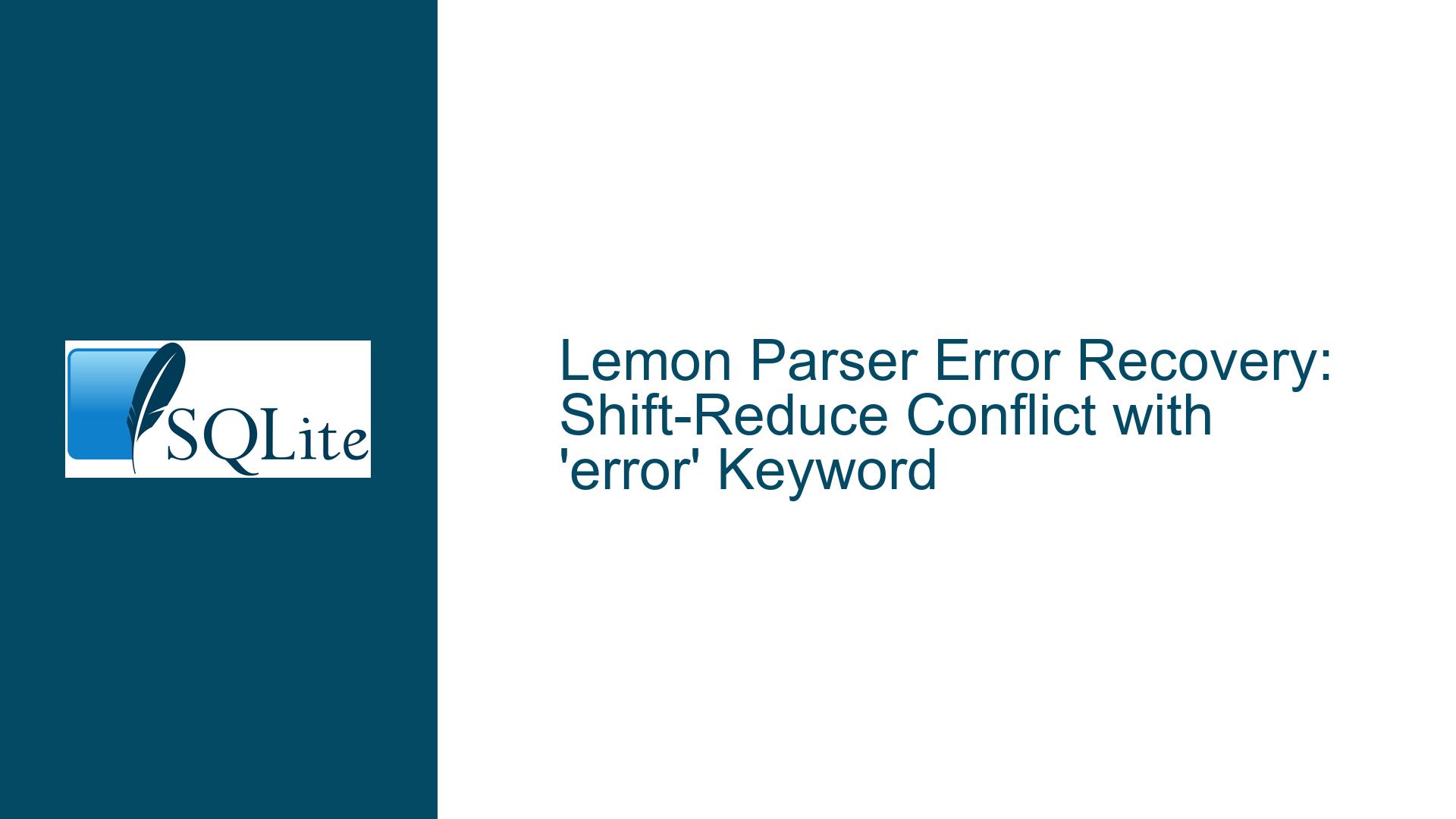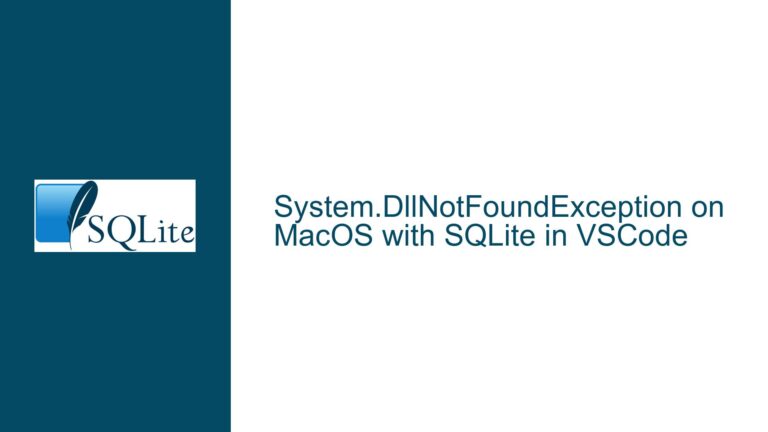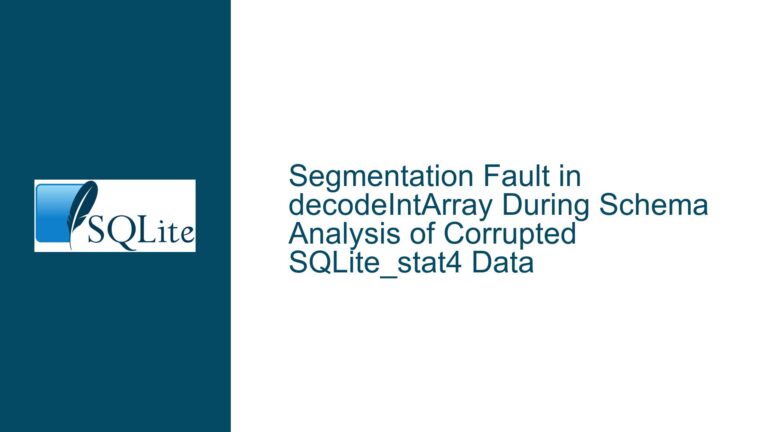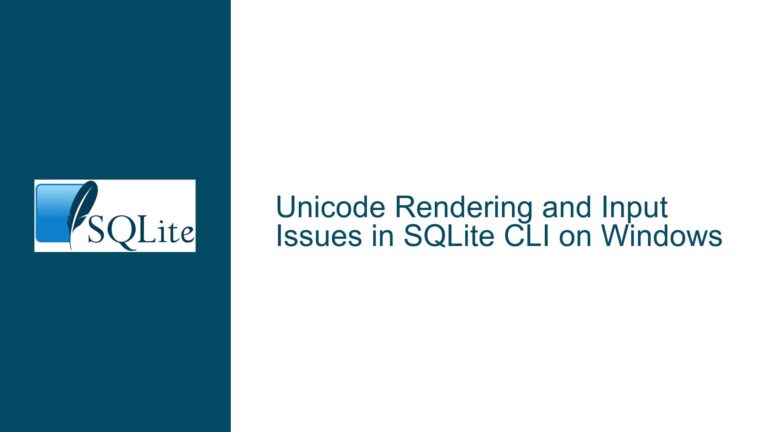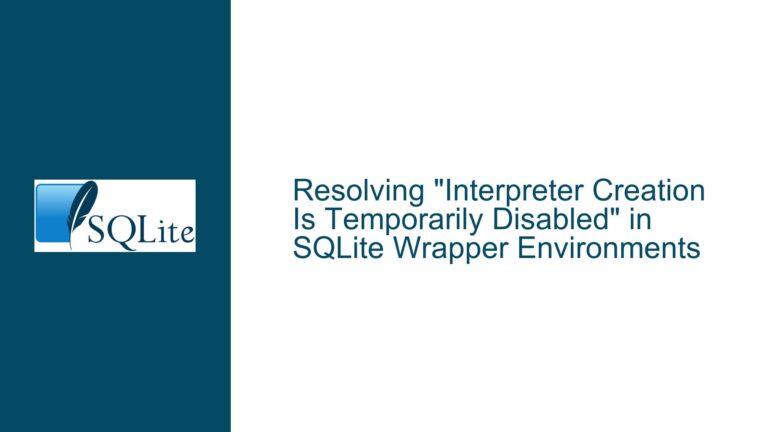Lemon Parser Error Recovery: Shift-Reduce Conflict with ‘error’ Keyword
Understanding the Shift-Reduce Conflict in Lemon Parser Error Recovery
The core issue revolves around the Lemon parser generator’s handling of the ‘error’ keyword during error recovery, specifically when reduction rules end with ‘error’. The problem manifests as a shift-reduce conflict, leading to assertion failures and incorrect parsing behavior. This issue is particularly problematic when the parser encounters an error at the end of the input, which is a common scenario in file editing.
The Lemon parser is designed to handle syntax errors gracefully by using the ‘error’ keyword to facilitate error recovery. However, the current implementation struggles when reduction rules end with ‘error’, causing the parser to incorrectly handle shift-reduce actions. This results in the parser unwinding the stack beyond its limits, leading to assertion failures and, in some cases, infinite loops.
The issue is further complicated by the fact that the behavior is inconsistent across different grammars and when using the ‘-c’ option. In some cases, the bug disappears, making it difficult to reproduce and diagnose. The root cause lies in how Lemon generates its action tables, particularly in distinguishing between shift-reduce and pure reduce actions for the ‘error’ non-terminal.
Possible Causes of the Shift-Reduce Conflict
The shift-reduce conflict arises due to several factors in the Lemon parser’s implementation. First, the parser’s action table generation does not correctly handle shift-reduce actions for the ‘error’ non-terminal. When a reduction rule ends with ‘error’, the parser incorrectly treats it as a pure reduce action instead of a shift-reduce action. This misclassification leads to the parser attempting to reduce when it should be shifting, causing the stack to unwind incorrectly.
Second, the parser’s error recovery mechanism is designed to handle three cases when shifting an error: (1) it is legal to shift an error, (2) it is legal to shift-reduce an error, and (3) it is legal to reduce. However, the current implementation fails to correctly distinguish between these cases, particularly when the default action for a state is a reduction. This leads to incorrect handling of errors, especially when the error occurs at the end of the input.
Third, the Lemon parser’s code contains an assertion that claims there are no shift-reduce actions on nonterminals because the table generator has simplified them to pure reduce actions. However, this assertion is false for the ‘error’ non-terminal, leading to incorrect behavior when the parser encounters an error. This discrepancy between the parser’s assumptions and its actual behavior is a significant contributor to the issue.
Troubleshooting Steps, Solutions & Fixes
To address the shift-reduce conflict in the Lemon parser, several steps can be taken to diagnose and resolve the issue. The first step is to ensure that the parser correctly handles shift-reduce actions for the ‘error’ non-terminal. This involves modifying the action table generation code to correctly classify shift-reduce actions and avoid treating them as pure reduce actions.
One proposed fix involves modifying the compute_action function in lemon.c to correctly handle shift-reduce actions for the ‘error’ non-terminal. The fix involves adding a condition to check if the symbol is the ‘error’ non-terminal before converting a shift-reduce action to a pure reduce action. This ensures that shift-reduce actions for the ‘error’ non-terminal are correctly classified and handled by the parser.
The proposed change to lemon.c is as follows:
diff --git a/tool/lemon.c b/tool/lemon.c
index 75fc7aa2f..1bcb3778a 100644
--- a/tool/lemon.c
+++ b/tool/lemon.c
@@ -3571,7 +3571,7 @@ PRIVATE int compute_action(struct lemon *lemp, struct action *ap)
/* Since a SHIFT is inherient after a prior REDUCE, convert any
** SHIFTREDUCE action with a nonterminal on the LHS into a simple
** REDUCE action: */
- if( ap->sp->index>=lemp->nterminal ){
+ if( ap->sp->index>=lemp->nterminal && ( !lemp->errsym || ap->sp->index!=lemp->errsym->index )){
act = lemp->minReduce + ap->x.rp->iRule;
}else{
act = lemp->minShiftReduce + ap->x.rp->iRule;
Additionally, the lempar.c file should be modified to remove the incorrect handling of shift-reduce actions for the ‘error’ non-terminal. The proposed change to lempar.c is as follows:
diff --git a/tool/lempar.c b/tool/lempar.c
index bbb0cc367..d5ebe6942 100644
--- a/tool/lempar.c
+++ b/tool/lempar.c
@@ -985,10 +985,6 @@ void Parse(
yyact = yy_find_reduce_action(yypParser->yytos->stateno,
YYERRORSYMBOL);
if( yyact<=YY_MAX_SHIFTREDUCE ) break;
- if( yyact>=YY_MIN_REDUCE && yyRuleInfoNRhs[yyact-YY_MIN_REDUCE] ){
- yyact -= YY_MIN_REDUCE - YY_MIN_SHIFTREDUCE;
- break;
- }
yy_pop_parser_stack(yypParser);
}
if( yypParser->yytos <= yypParser->yystack || yymajor==0 ){
These changes ensure that the parser correctly handles shift-reduce actions for the ‘error’ non-terminal, preventing the stack from unwinding incorrectly and avoiding assertion failures. The fix has been tested and shown to resolve the issue in both minimal and complex grammars, ensuring that the parser can handle errors at the end of the input without entering an infinite loop or crashing.
In conclusion, the shift-reduce conflict in the Lemon parser’s error recovery mechanism is a complex issue that requires careful handling of shift-reduce actions for the ‘error’ non-terminal. By modifying the action table generation code and ensuring that shift-reduce actions are correctly classified, the parser can be made to handle errors gracefully, even at the end of the input. This fix not only resolves the immediate issue but also improves the overall robustness of the parser’s error recovery mechanism.
